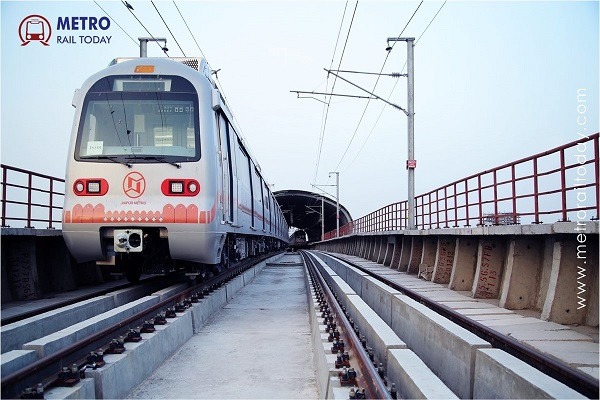 First global civil tender worth ₹1,145 crore launched for Jaipur Metro Phase 2 Project
First global civil tender worth ₹1,145 crore launched for Jaipur Metro Phase 2 Project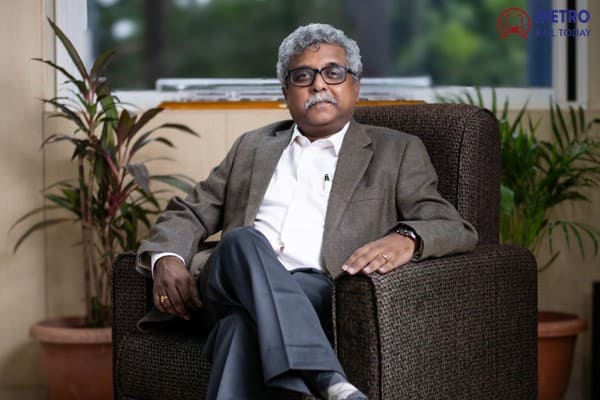 Vande Bharat to Vision 2047 — How ICF is Leading India’s Next Rail Revolution?
Vande Bharat to Vision 2047 — How ICF is Leading India’s Next Rail Revolution?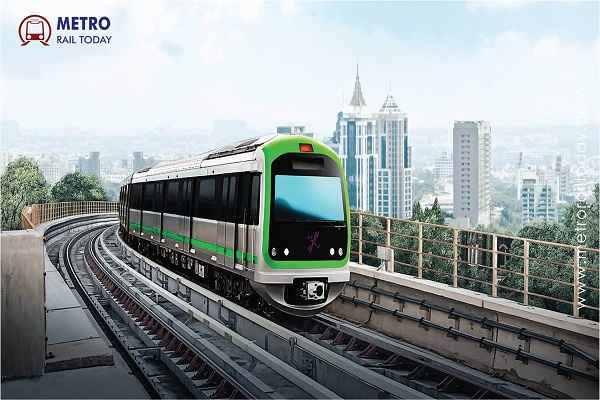 India's first Bengaluru–Hosur Interstate Metro Corridor declared Technically Infeasible
India's first Bengaluru–Hosur Interstate Metro Corridor declared Technically Infeasible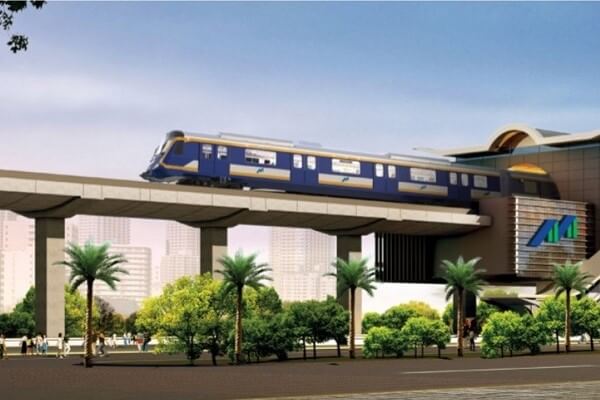 MMRDA awards ₹129.63 crore contract for Multimodal Integration on Mumbai Metro Lines 4 & 4A
MMRDA awards ₹129.63 crore contract for Multimodal Integration on Mumbai Metro Lines 4 & 4A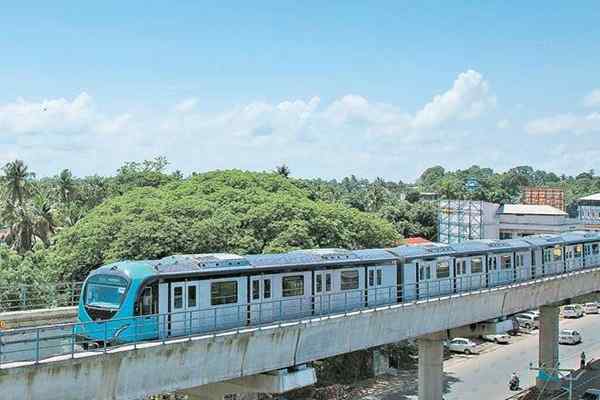 First U-Girder installed on JLN Stadium–Infopark Corridor of Kochi Metro Phase 2
First U-Girder installed on JLN Stadium–Infopark Corridor of Kochi Metro Phase 2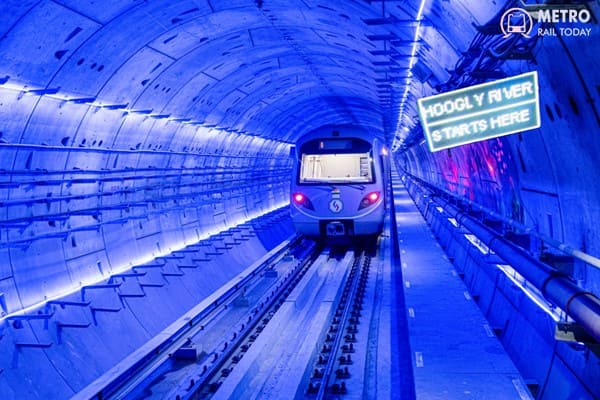 Kolkata Metro Marks 41 Years of Service to the City of Joy
Kolkata Metro Marks 41 Years of Service to the City of Joy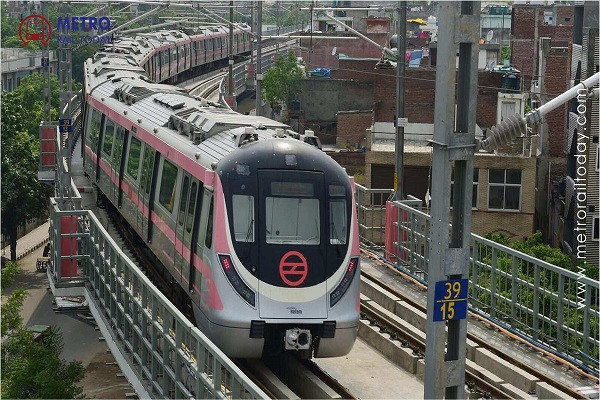 DMRC to introduce Driverless Trains on Delhi Metro Phase 4 Corridors
DMRC to introduce Driverless Trains on Delhi Metro Phase 4 Corridors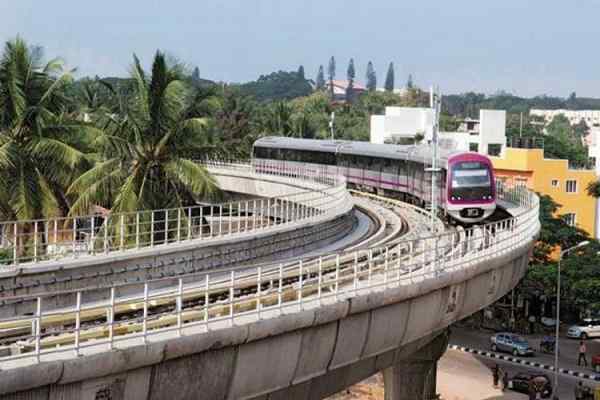 Karnataka proposes Centre of Excellence for Railways and Mobility Innovation
Karnataka proposes Centre of Excellence for Railways and Mobility Innovation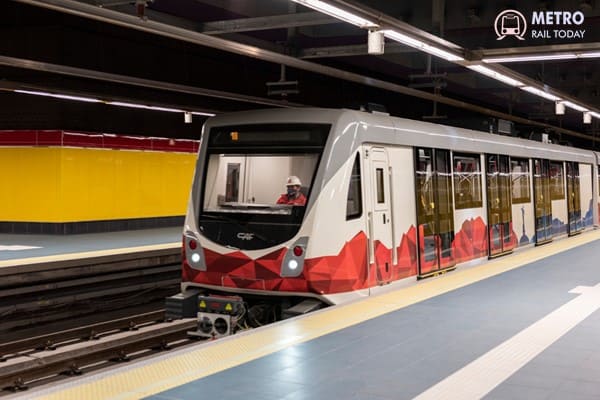 Egypt and Japan approve Greater Cairo Metro Line 4 Project
Egypt and Japan approve Greater Cairo Metro Line 4 Project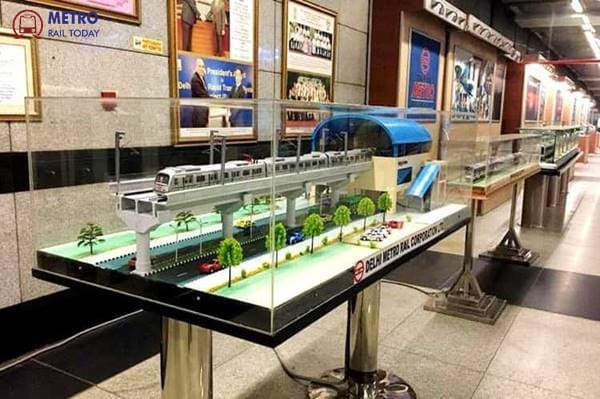 Metro Rail Today continues its legacy as Official Media Partner for 18th Urban Mobility India 2025
Metro Rail Today continues its legacy as Official Media Partner for 18th Urban Mobility India 2025
Govt. of India approves ₹416 Crore Extension of Noida Metro Aqua Line
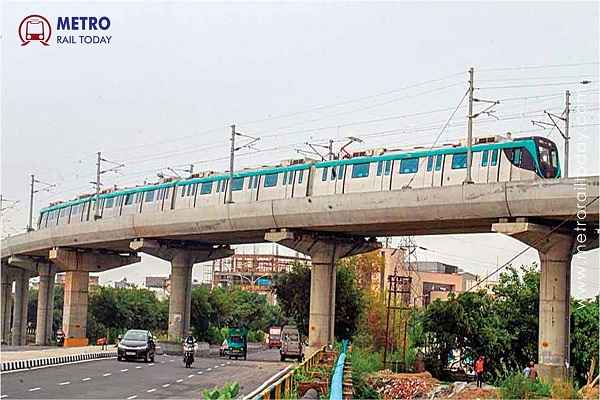
Noida, India (Metro Rail Today): In a significant push to regional urban mobility and logistics infrastructure, the Central Government has officially approved a 2.6-kilometer extension of the Noida Metro's Aqua Line from Depot Station to Bodaki in Greater Noida. This strategic link will provide direct metro access to the upcoming Multi Modal Logistics Hub (MMLH) at Bodaki, enhancing both passenger movement and future freight-handling potential in the National Capital Region (NCR).
The extension, to be executed by the Noida Metro Rail Corporation (NMRC), is estimated to cost ₹416.34 crore and is slated for completion within three years. Officials confirmed that the new corridor will also extend to Junpat village, ensuring deeper metro penetration into rapidly urbanizing pockets of Greater Noida.
The central government will contribute ₹70.59 crore toward the project, while ₹91.08 crore will come as equity from the Uttar Pradesh government. Additionally, ₹211.80 crore will be financed through institutional support from agencies like the National Capital Region Planning Board (NCRPB), and ₹10.44 crore is allocated for land acquisition. The entire project will be undertaken via a special purpose vehicle (SPV) model, and the metro will operate on standard gauge (1,435 mm) with a 15kV AC overhead traction system powered by SCADA-based controls.
“The 2.6km extension will take metro connectivity deeper into pockets of Greater Noida. This corridor will also facilitate direct access to the logistics hub, a game-changer for freight and passenger integration,” said Mahendra Prasad, Executive Director of NMRC. He added that NMRC is also pushing for early central approval for two other critical extensions — an 11.56km link from Botanical Garden to Noida Sector 142, and a 5km spur from Sector 51 to Knowledge Park V. The former is especially crucial, as it will ensure seamless integration between Delhi Metro and Noida Metro and improve connectivity to the Noida International Airport at Jewar.
These extensions, once completed, are expected to unlock new growth corridors, streamline last-mile connectivity, and reduce reliance on road traffic, contributing significantly to the region's sustainable development goals.
Commenting on the development, Mrs. Mamta Shah, MD & CEO of Urban Infra Group, said, “The extension of Noida Metro to Bodaki is more than a transit upgrade—it’s a critical link between urban mobility and industrial growth. With the Multi Modal Logistics Hub planned at Bodaki, this corridor exemplifies how future cities must be planned with an integrated, multi-modal transport vision. Such forward-looking investments will play a vital role in decongesting the NCR and preparing it for high-growth, high-speed logistics ecosystems.”
With the Centre’s green light and financial backing in place, NMRC’s extension projects are now poised to serve as a blueprint for metro-driven regional connectivity—positioning Noida and Greater Noida as not just residential and commercial hubs, but as sustainable infrastructure leaders in India’s expanding urban landscape.




